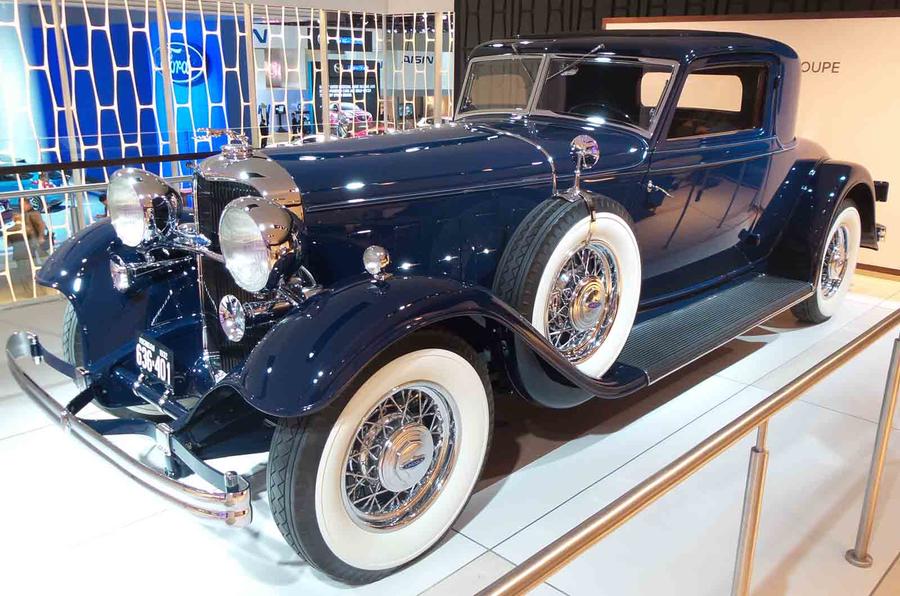Lincoln is supposed to be Ford’s upmarket brand. I say ‘supposed’ because despite the arrive of the new big MKZ saloon, Lincoln shifted just 81,694 units in the US last year.
Such tiny sales were clearly inversely proportional to the giant Lincoln stand at the Detroit motor show (easily the biggest of any manufacturer), which is a vast festival of wood and ceramics.
Lincoln is jammed in that precarious ‘near-luxury’ category so beloved of the automotive statisticians. It’s a category that indicates that a brand is outside the mass-market mainstream, but not a true premium brand. The aim of all near-premium brands is to become seen as truly premium, just as they were decades ago.
Not surprisingly, it is a rapidly shrinking category that used to include Rover and Saab. Alfa Romeo is currently in suspended animation, ahead of its future, final, definitely definitive product plan being unveiled in April.
Alfa’s sister brand Lancia is about to drop out of the near-premium league completely, with news that the venerable marque is to be shrunk down to a single model (the Ypsilon supermini) and the re-badged Chryslers of recent times are to be canned.
What should be worrying for Lincoln is that its annual sales are well below what Rover and Saab managed – around 120,000 per year – before expiring. True, Lincoln is part of the giant Ford family and it is now the only non-Blue Oval brand after Mercury was knifed a couple of years ago.
Lincoln used to be part of the Premier Auto Group, which also included Jaguar, Land Rover and Aston Martin. Ford decided to mainly concentrate on one brand, and it sold off its premium brands just ahead of the 2008 credit crunch.
Certainly, the move to the ‘One Ford’ global product policy looked very clever at the time. But with the rise and rise of premium brands – and the massive profits they are making – Ford is perhaps not looking so clever. Especially when Land Rover is making such huge profits, much it off the back of engineering paid for by Ford.





Join the debate
Add your comment
Demise of Lancia.
Names
Regarding Lancia
Sad demise of a once great brand.